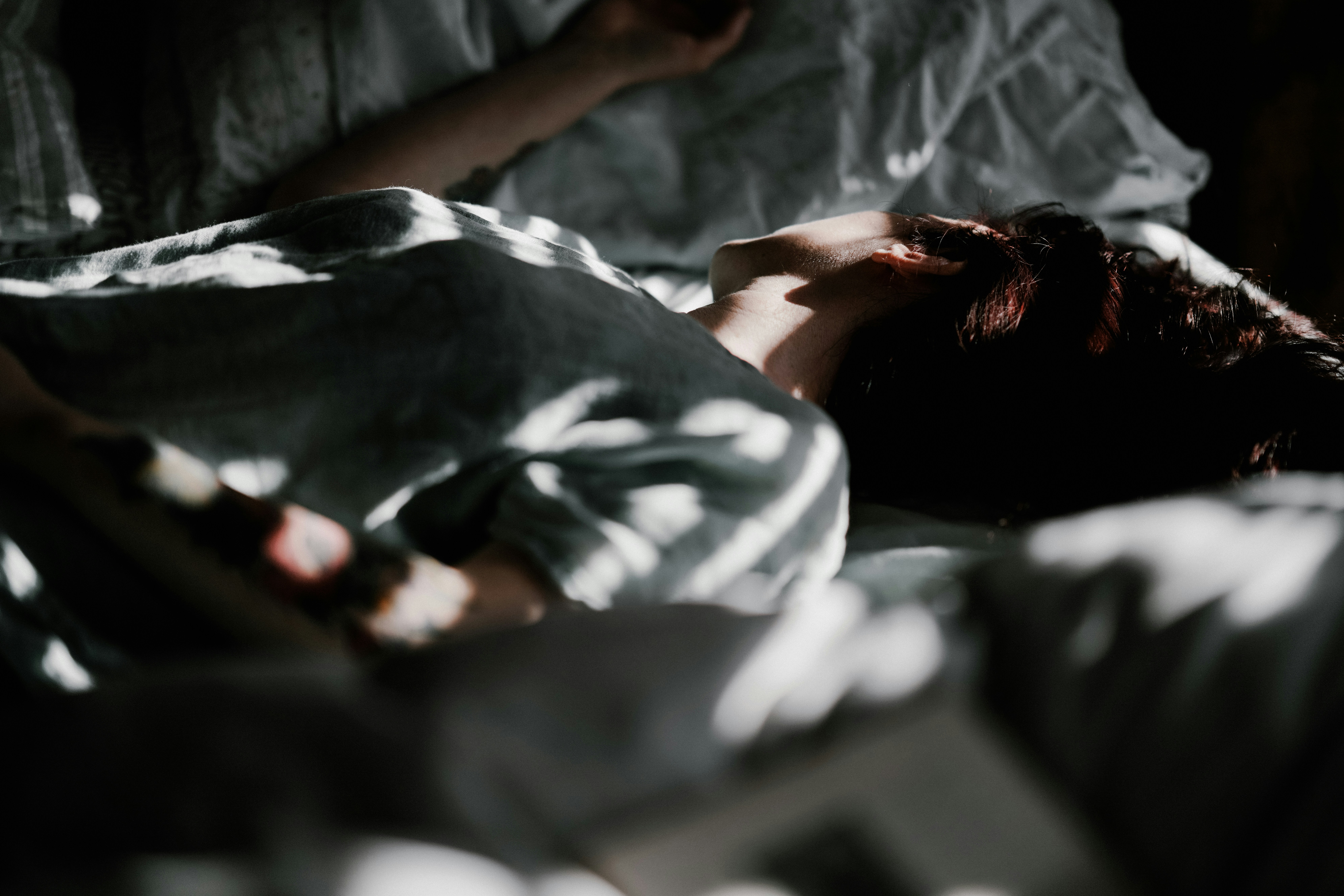News release
From:
Sleep patterns linked to variation in health, cognition, lifestyle, and brain organization
Five distinct sleep-biopsychosocial profiles discovered, each with a unique pattern of brain connectivity
Researchers led by Aurore Perrault at Concordia University, Canada and Valeria Kebets at McGill University, Canada, have used a complex data-driven analysis to uncover relationships among multiple aspects of sleep and individual variation in health, cognition, and lifestyle. Published on October 7thin the open-access journal PLOS Biology, the study reveals five sleep-biopsychosocial profiles and their associated patterns of functional connectivity among brain-regions.
Most studies of sleep focus on a single aspect, such as duration, and examine how it relates to a single outcome, like poor mental health. However, trying to understand and predict outcomes by combining the results of many different single-association studies invariably fails. The new study by Perrault and team takes a different approach. Using a sample of 770 people from the Human Connectome Project dataset, they conducted a multivariate, data-driven analysis. Because the dataset contains details about each person’s sleep characteristics, as well as brain imaging data and biopsychosocial data, the analysis was able to find relationships among all these factors that had not been discovered before.
The study uncovered five sleep-biopsychosocial profiles. The first was generally poor sleep, and was related to worse psychopathology, including depression, anxiety, and stress. The second was characterized by sleep resilience because greater psychopathology, especially attentional difficulties, were not associated with reports of poor sleep. The remaining three profiles were more specific. For example, one was characterized mostly entirely by sleep duration, with short durations associated with poorer cognition.
Each of the five profiles was associated with a unique brain-network organization. For example, for people who fell into the first profile, resting-state functional connectivity between subcortical brain regions and both the sensorimotor and attention networks was high. Knowing these profiles will allow clinicians to provide better individualized treatments and support for their patients.
The authors add, “Sleep is made up of many dimensions, not just how long we sleep. By analyzing more than 700 young adults, we discovered five distinct ‘sleep profiles’ based on reports of sleep duration, presence of disruptions, use of sleep medications. Each profile carried its own distinctive link in health, lifestyle, and cognition, and even showed unique neuroimaging traits using functional MRI.”
“Our study showed that different aspects of sleep are related, but can also be separable domains with specific connections to biopsychosocial factors (lifestyle, mental and physical health and cognitive performances). This highlights the importance of considering the full picture of an individual’s sleep to help clinicians make more accurate assessments and guide treatment,” states Aurore Perrault.
“The dominance of mental health markers in most of the profiles is not surprising as sleep is one of the five key domains of human functioning likely to affect mental health,” says Valeria Kebets.
“The different sleep profiles were also supported by unique patterns of brain function measured with MRI, suggesting that sleep experiences are reflected not just in health and behavior, but also in the brain’s wiring and activity,” notes Aurore Perrault.



 Australia; International; NSW
Australia; International; NSW



